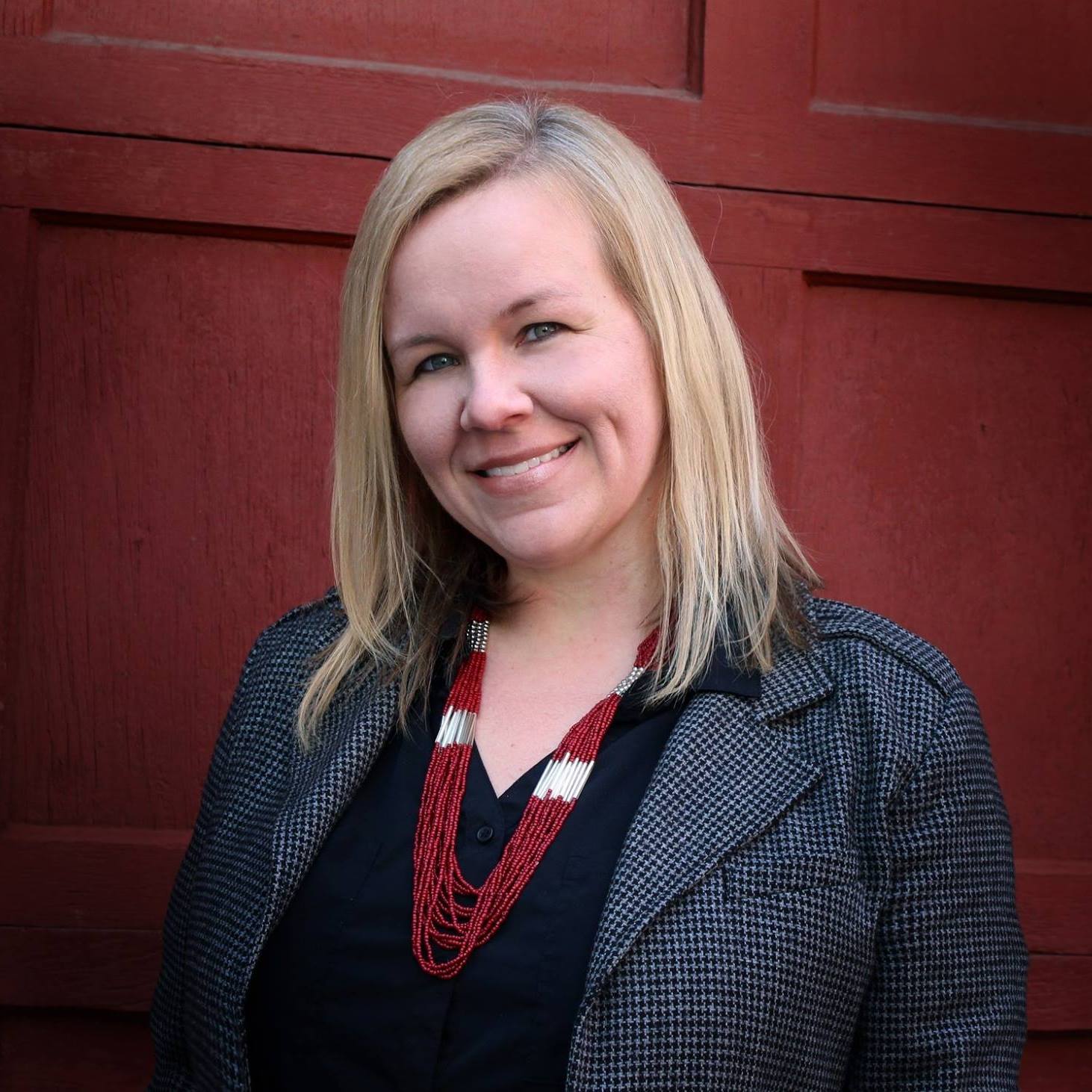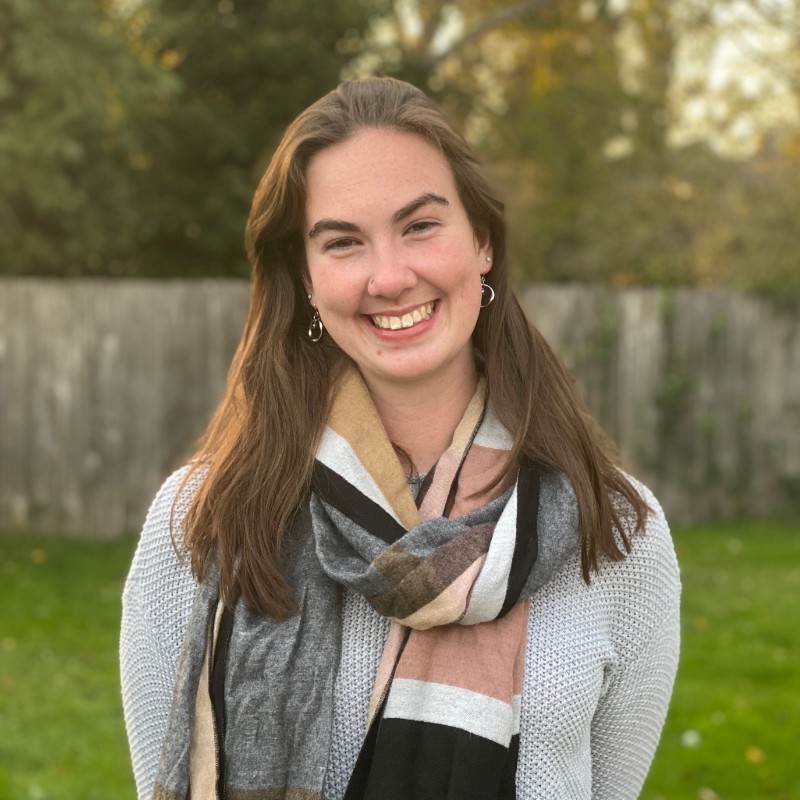12 May 2022
7 Nurse Scientists Making a Difference in Patient Care Outcomes
Nurses are vital caregivers in clinical settings with a time-honored reputation for compassion and dedication. They can also be groundbreaking researchers, scientists, and innovators in the field of health care.
Nurse scientists actively research the nature of illnesses, treatment solutions, and the effects of medical technologies to improve the lives of patients and impact the future of health care. The nurse scientist often leads in the final translational step – testing discoveries in the real world to enhance patient care.
Geneva has supported military nursing research since its inception in 1993 and proudly administers the TriService Nursing Research Program (TSNRP) under a cooperative development agreement with the Uniformed Services University (USU). Geneva advances the mission of TSNRP through dedicated program support staff, evidence-based practice facilitators, and full life-cycle award management experts.
Here are a few TSNRP-funded nurse scientists we’re collaborating with to impact lives through military medicine.
Maj. Amanda Anderson, MSN
Air Force Major Amanda Anderson is a Health Care Integrator at Edwards Air Force Base. She is investigating the “Effects of Advanced Practice Nurse Led Heart Failure Clinic on Patient Outcomes” in collaboration with Geneva and The University of Texas at Austin. Data suggests that while the demand for primary care physicians (PCP) is growing, there is a downward trend of available PCPs to meet the need. Maj. Anderson’s solution to this gap is utilizing advanced practice nurses (APN) who are well equipped to provide care, specifically to heart failure patients. Her research focuses on the feasibility of the implementation of an APN-led heart failure clinic that would provide heart failure patients with evidence-based practice interventions.
Brig. Gen. (Ret.) Kathleen Flarity, DNP, PhD, CEN, CFRN, FAEN, FAAN
Air Force (Ret.) Brigadier General Kathleen Flarity, PhD is the Deputy Director of the CU Anschutz Center for COMBAT (Combat Medicine and Battlefield) Research. She is an experienced nurse practitioner and emergency and critical care flight nurse with over 40 years of military service. With Geneva, Dr. Flarity is investigating readiness and retention during en route combat casualty care. Her research team is exploring the influence of customs, practices, language, and social norms in which air reserve service members live, work, train, and deploy. The aim is to identify social influences that form and preserve a unique warrior identity and improve military readiness and retention.
LTC Patricia Hodson, DNP, MHA, RN
Army Lieutenant Colonel (Patricia Hodson, DHP is a Nurse Methods Analyst for the U.S. Army at the Regional Health Command-Central and serves as Chief of Nursing Operations at Brooke Army Medical Center. As principal investigator for a Geneva-managed research study, she is developing a Joint Professional Practice Model that depicts how the military’s total nursing force can practice, collaborate, communicate, and develop a joint professional model to provide the highest quality care, regardless of service mix or operational setting (air, land, and sea).
CPT Shelby Muller, RN
Army Captain Shelby Muller is the Chief Nurse Officer in Charge at Byrd Family Clinic at Blanchfield Army Community Hospital. CPT Muller’s study is addressing acute sleep deprivation during hospitalization, which has been linked to decreased immunity and pain sensitivity, leading to poor patient outcomes. To mitigate these effects, Human Centric Lighting (HCL) is a technology that supports the body’s circadian rhythm, mimicking the day-night light cycle and stimulating melatonin to improve sleep over standard lighting.
LTC Pedro Oblea, PhD, RN
Army Lieutenant Colonel Pedro Oblea, PhD is addressing the increasing incidence of skin damage on healthcare workers caused by wearing N95 masks. In a Geneva-managed study titled, “Impact of Hydrocolloid Barrier as Facial Skin Protectants Among Healthcare Workers,” LTC Oblea, Chief, Center for Nursing Science and Clinical Inquiry at Tripler Army Medical Center, is testing a hydrocolloid dressing as a protectant to prevent facial skin breakdown in a non-blinded randomized controlled trial. His study will provide a baseline dataset that can be used for a broader study.
COL Pauline Swiger, PhD, CNS, MSN, RNC-OB
Army Colonel Pauline Swiger, PhD is a registered nurse with 21 years of experience working in the U.S. Army Nurse Corps. She is currently the Chief of the Center for Nursing Science and Clinical Inquiry at Madigan Army Medical Center. COL Swiger is the principal investigator in a Geneva-managed research study looking at nurse burnout during the Defense Health Agency transition and the effects of COVID-19 to address nursing retention. The results of this study may identify workforce-related changes that leadership can use to spotlight high performers or address with evidence-based intervention to improve job satisfaction and retention. She also serves as a mentor for two other Geneva-managed nursing research studies.
In 2019, COL (Dr.) Swiger was recognized for her career-long contributions to nursing as one of only two active-duty Army nurses receiving a military nursing practice award. The award is presented to active-duty Army Nurse Corps officers who have made a noteworthy mark on military nursing and patient care delivery. Read more
Melissa Wilson, PhD, APRN, CCNS
Dr. Melissa Wilson is a Nurse Scientist at the Air Force Research Laboratory/711th Human Performance Wing. As principal investigator for a Geneva-managed study titled, “Moral Distress In Military Critical Care Nurses,” she is looking at implementing a tool to measure moral distress for healthcare professionals to improve employee turnover, prevent burnout, and improve patient outcomes.
Geneva is committed to military nursing research in a broad spectrum of military treatment facilities and federal laboratories across the U.S. Click here to find out more or to collaborate with our nursing research experts.
The opinions and assertions expressed herein are those of the author(s) and do not necessarily reflect the official policy or position of the Uniformed Services University or the Department of Defense.




